From least esoteric to most esoteric:
Height
Educational Attainment
Fertility
BMI
Homosexuality
Depression
Narcissism
Risk-taking
Suicide
Mental illness
Big 5
Height
Increased between nations, though nations seem to have their own individual trajectories, mostly because of economic development.
Educational attainment
Increasing globally.
Fertility
Falling globally, but the rate at which it is falling is decreasing.
This trend appears to be continuing in recent data, based on the Birth Gauge:
BMI
Almost every single country has gotten fatter in the last 30 years, after adjusting for age:
Based on the text in the paper, the countries that didn’t change include Japan, Singapore, some European countries, and North Korea.
Homosexuality
Homosexuality has increased in Americans:
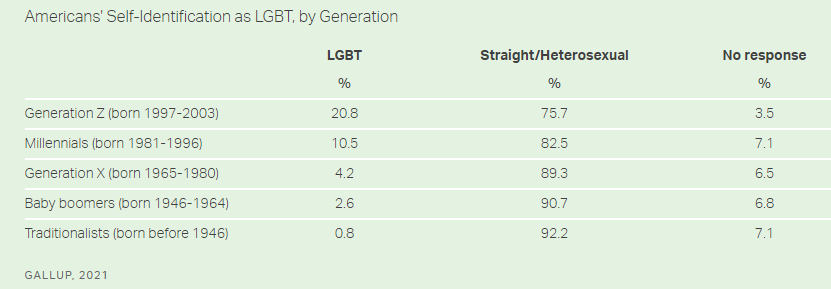
For other countries, I have found:
No increase in Hungary (?)
Increase in the United Kingdom (1.4% in 2014 to 3.8% in 2020)
Increase in Australia
Increase in Canada
Increase in Japan
Depression
Depressive symptoms have increased in teenagers starting sometime between 2009-2015 - the timing of the increase appears to depend on the study for reasons that are unclear to me. This appears to be true regardless of whether you use self-reported scales or proxies (e.g. self harm, suicide)
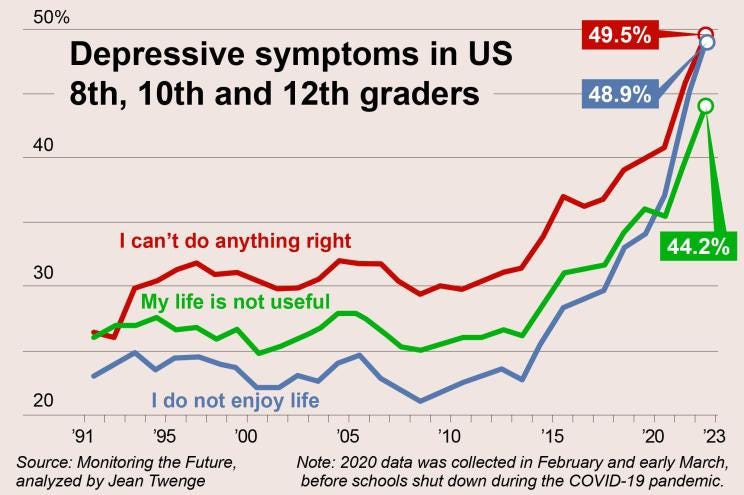

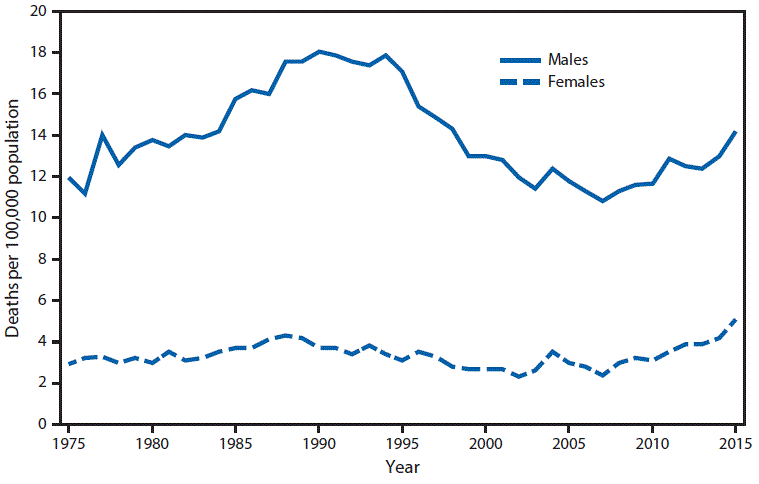

Narcissism

There is an increase in self-reported narcissism within the USA of about d = .41 over 27 years, which is impressively high, given that the validity of self-reported narcissism is quite low (potentially as low as r = .11, though that's probably influenced by measurement error). There is also a difference in NPI score between West and East Germany (d = .25, p < .01), hinting that social/cultural influences may be the cause.
The respectable but non-quantitative theorist Cristopher Lasch argues that this increase has been happening for a long time, possibly since the 19th Century. For what it’s worth, individuals have gotten more extraverted and less agreeable since the early 20th Century - both of which are correlated with narcissism.
Risk-taking
Seems to have decreased across the board in the United States:
Suicide
Secular trends in suicide are of interest because they reflect the emotional state of people in a way that self-reports can’t. In his piece ‘Psychological well-being and social progress’, Sean Last already has a very accurate rundown of trends in suicide rates that I will summarise promptly:
In most countries, suicide rates have stayed fairly stagnant ever since the 90s. Most recently, suicide rates in the USA have been increasing among all age groups under 75:
The same pattern also applies to France, Australia, Brazil, and Japan:
Suicide rates have stagnated in Scandinavian and English youth:
It’s worth mentioning that the rate at which suicides are recorded may vary by generation. Most notably, drug overdose deaths have increased in the USA:
Mental Illness
Meta-analysis suggests scores on psychopathological traits (e.g. depression, paranoia) have increased by about 1 standard deviation. Increases are not due to response bias (e.g. less lying, less defensiveness).
Big 5
One dataset from the Seattle Longitudinal Study (n = 4732) suggests that later-born cohorts are less agreeable, less neurotic, more extroverted, and more open (all p < .001 besides conscientiousness, which is p > .05). This is a very old dataset, so in this case the later-born cohorts would be old individuals in todays age.
According to their supplemental materials, the tests appear to satisfy strong measurement invariance based on the CFI/RMSEA fit statistics, though I am not an expert in this field of statistical methods.
Data from more modern individuals would be helpful, as these trends in personality might not extrapolate to newer generations. A different study examined secular trends in personality using first-year psychology students in the Netherlands studying between 1982 and 2007. This approach has one problem - given that college has become gradually less selective over time, this may result in a false decline for some traits (e.g. conscientiousness) that do not generalize to the rest of the population. Oddly enough, the newer cohorts of students appear to be more stable (higher in conscientiousness, agreeableness, and lower in neuroticism) and extroverted than the earlier ones, despite the fact that college is becoming less selective.
The increases in extroversion appear to generalize to American college students but not the decrease in neuroticism (which has increased, in fact). No testing for measurement invariance was conducted - this is probably not an issue, as measurement invariance has not produced biased results across cohorts in pervious studies.








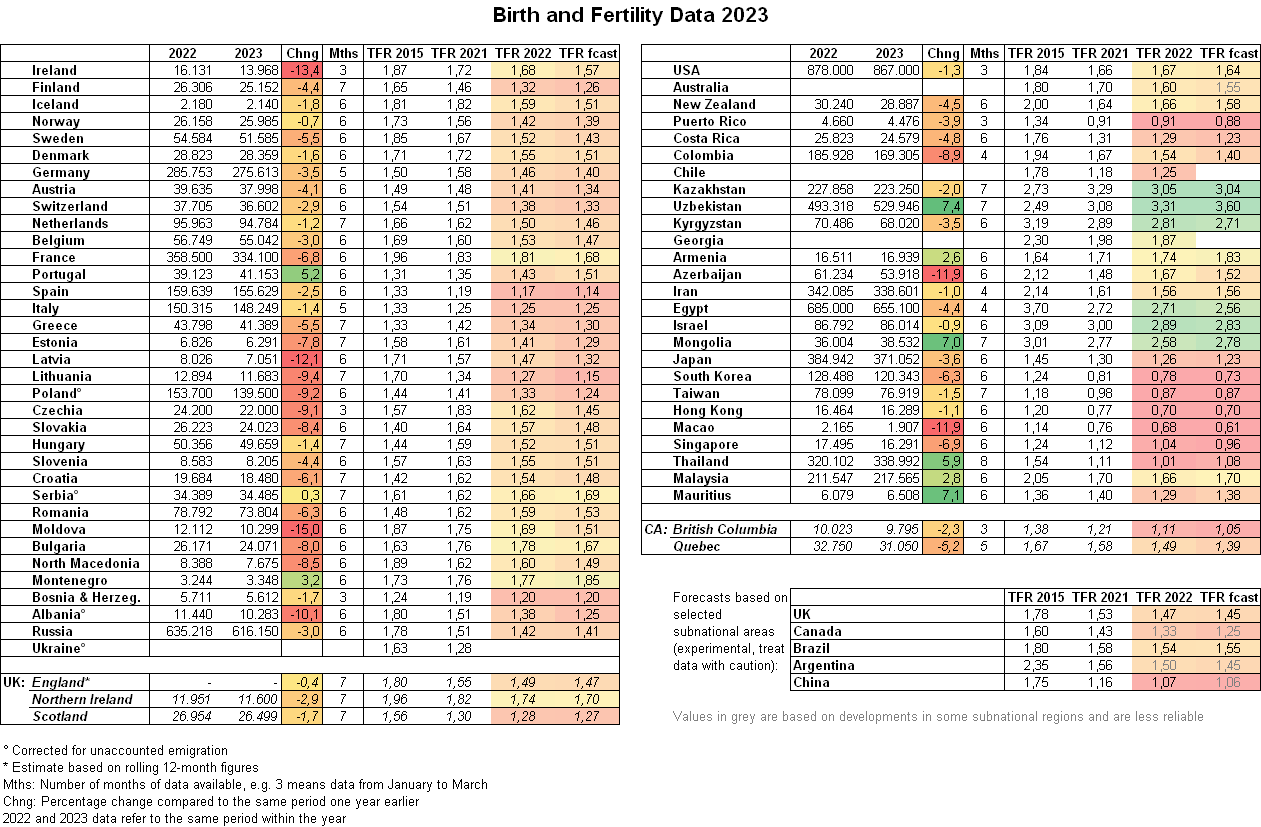

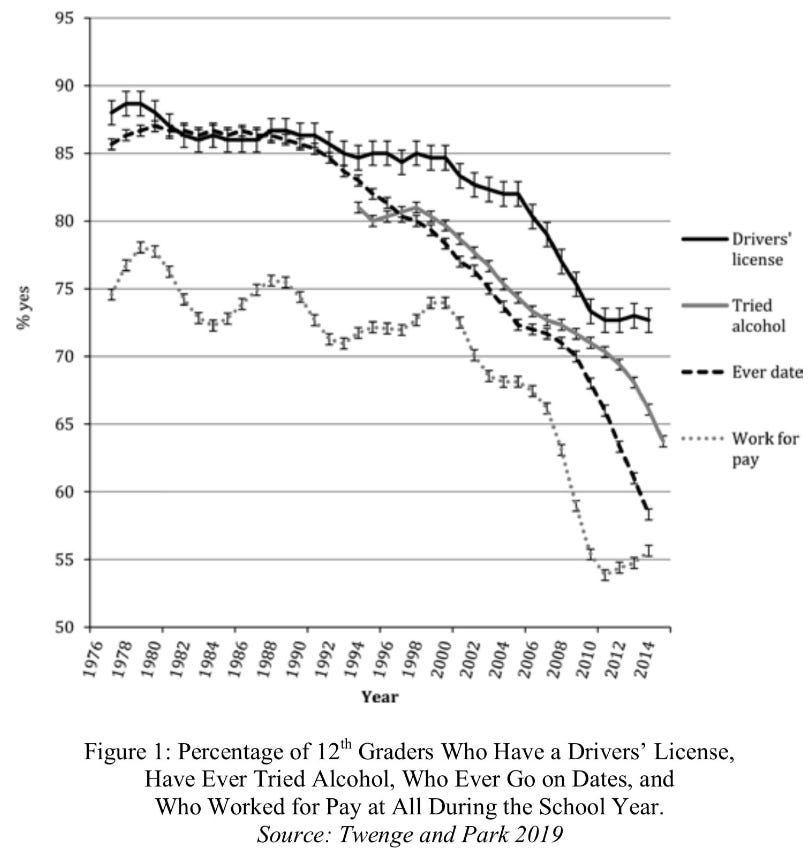





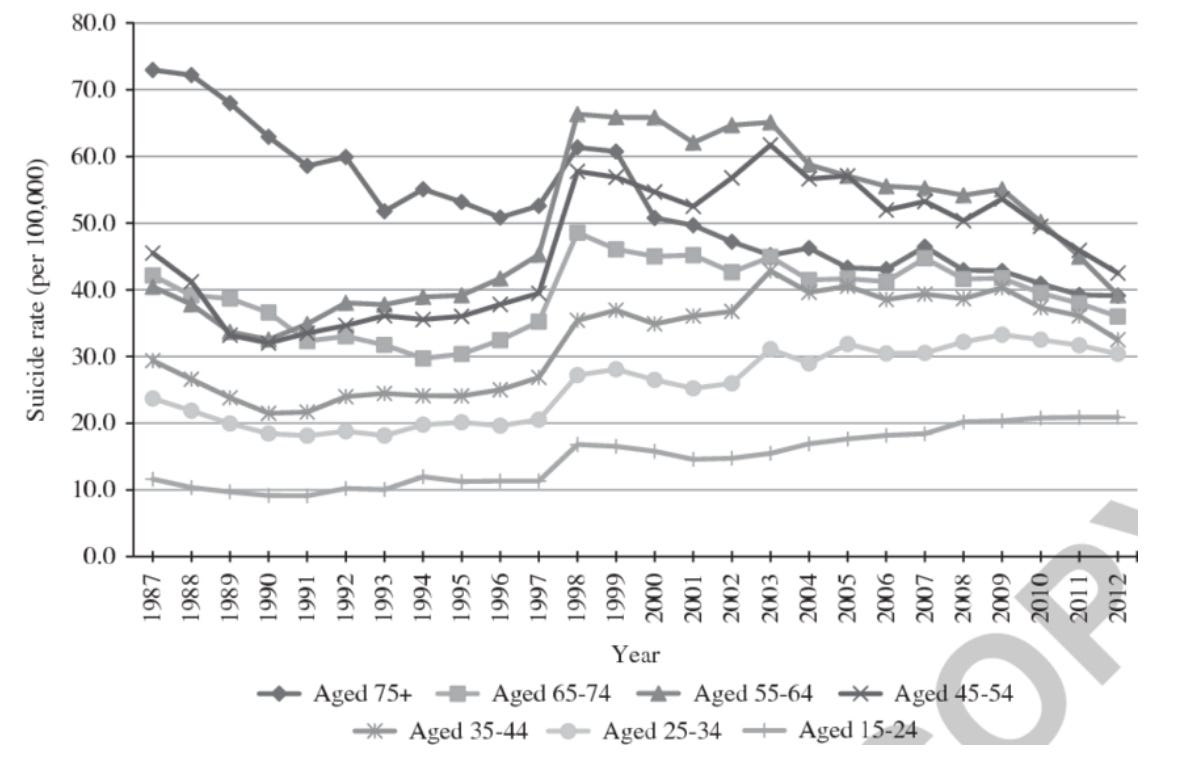

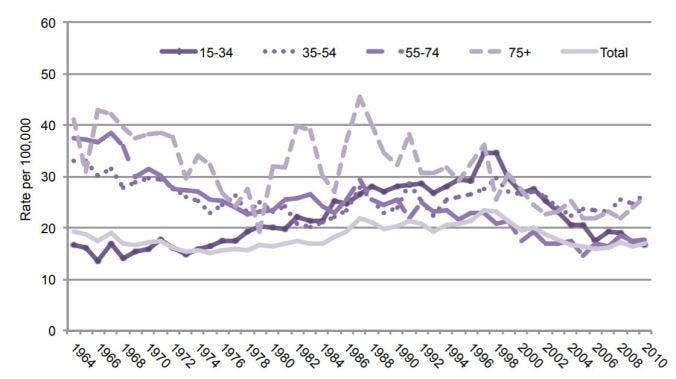


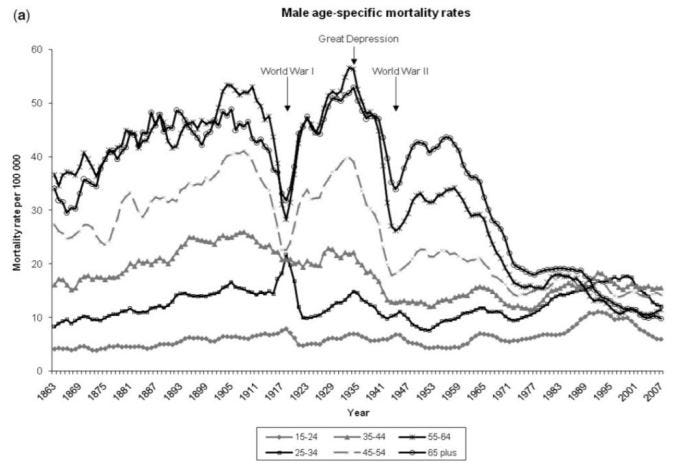





To what decree is increase in height to sexual selection or improved overall nutrition?